Why is the issue of bullying important to you?
The issue of bullying is important to me because bullying is a non-negotiable behavior that inhibits the development of healthy relationships. Even though bullying can be insidious and sometimes go unreported, that doesn’t make it any less dangerous. I’ve seen the toxic, unhealthy and sometimes fatal consequences that occur when bullying invades our personal and professional relationships. The issue of bullying is important to me because I believe everyone deserves healthy relationships and I want to show people how to develop them. So when bullying, in any of its forms, prevents a healthy relationship, I will stand up against it. Ultimately, when we love one another as human beings, we create healthy personal and professional environments that bullying behaviors can no longer thrive in.
It feels like love is a tough thing to talk about for so many people. You have made it the centerpiece of your work and your life. How do you define love and why talk about it so much?
It’s difficult to define ‘Love,’ but if I have to give you a definition, I’ll share Eckhart Tolle’s definition which describes, “Love as a state of being.” I believe ‘Love’ is a host of actionable characteristics that demonstrate, in both our words and our actions, how we consider one another. The reason I talk a lot about love is because I know first-hand the transformative power love has on unearthing dysfunction and other unhealthy behaviors like bullying. I’ll continue to talk about love because I’ve also seen its transformative power in the lives of others. So ‘Love,’ when practiced to create a safe space for another human being to just be is the most prolific resource we have. And it’s free!
Have you ever encountered an experience where you were bullied? Can you share a little about that?

My most recent experience with bullying was in a professional setting where I was a new supervisor responsible for creating programs and systems to prepare my staff for a professional career in education. During my time there, I introduced a lot of new and innovative ways to engage one another and their students. Unfortunately, every initiative I introduced was ridiculed. My staff openly talked about me to each other, to their students and even complained to my supervisor that what I was introducing was useless. As you can imagine, I felt bullied and unappreciated, and it was impacting my health. I lost weight, and I suffered hair loss. When I sought out support and accountability for what I was experiencing, I did not receive a healthy resolution. So, I left the position.
How do you know when you see bullying?
When I witness a person being bullied, I usually see one person taking advantage of another person. A person who engages in bullying is usually a person who is struggling with some deficiency but prefers to ignore their own challenges to instead project anger onto another person. This person begins to believe that this misdirected anger will remedy their own hurt. The person being bullied is usually innocent and believes in the good of humanity but is hurt that their trust is being misused and are hurt that they are the focus of an unwarranted, negative attack. Unfortunately, the person being bullied is usually hesitant to vocalize their hurt and instead internalizes it. I know I see bullying when I see a person misdirecting their anger onto an innocent person.
How would you describe the difference between domestic abuse and being bullied by someone you are involved with romantically? Can bullying be a sign of worse things to come?
Domestic abuse is the physical manifestation of intimidation to maintain power or control of one’s partner. Whereas bullying, which is equally dangerous, is often times more subtle and can extend the entire life of an intimate relationship because there is no physical evidence of these incidents. It’s an unfortunate reality when bullying within romantic relationships, has become an acceptable behavior. I don’t believe bullying is necessarily a sign of worse things to come because bullying is already the “worse” thing to come. I also don’t believe domestic abuse is worse than bullying. They both are forms of abuse, but society has made domestic abuse a crime that’s punishable by law when in fact the effects of bullying can be equally if not more damaging than domestic abuse.
As part of When Love Works, you speak with employers about integrating empathy into their environments. How should someone in the workplace approach another person they might not get along with who has started being a bully?
In our work with employers and their employees, we encourage them to be Love Leaders in their work environment. We show them how to use our patented, yet practical tools to respond to and offset bullying behaviors. As the Love Leader, we teach you how to implement the 4As in response to your encounters with bullying or other non-negotiable behaviors.
I’ll share a brief overview of how the 4As response process works. The first two As in the 4As involves how to approach the person who is bullying. First, you must “Acknowledge the abusive behavior.” It’s important to name and acknowledge the specific bullying behavior. After you acknowledge it, then you Address the person in a calm way without any negativity or hostility in your tone. We call this step: “Address with the UnArmed Truth.” The third and fourth As are important because they highlight a pivotal moment in the interaction where you are creating a safe space for the person who is bullying you to remedy their actions by apologizing and creating steps of accountability for moving forward.
We practice each component of the 4As response with employers and employees using examples before they practice with one another. Then to increase their comfortability, we invite them to practice with real workplace scenarios. As we give feedback in the moment, we help them become more comfortable with their role as a Love Leader who in turn uses these tools to transform unhealthy workplace environments.
Do you think bullies can change?
I believe people are redeemable. So I believe people who have learned how to bully, can also unlearn how to bully. The key to whether a person can change is directly correlated to their openness and willingness to change. I believe anyone who is open to learn something new and different can change. Anyone who is willing to unlearn dysfunction and learn new and healthier ways of engaging people is redeemable.
What do you think we all should be doing to create safe space for people of different cultural, sexual or religious identities? What can we change the culture to do better?
I believe we are already doing some good work to create safe spaces for people of different cultures, sexual or religious identities as highlighted in platforms like The Tyler Clementi Foundation. The inclusion of diversity, equity and justice in classroom education and other platforms have also increased the dialogue about issues that plague many communities. However, I know we can do more. One of the things we can do improve the way we create safe spaces is move past the stage of open dialogue about this issue and in to the stage of connected accountability. If we want people of different cultural, sexual or religious identities to feel safe, then we have to be deliberate and intentional about these spaces. It is time for us to be held accountable for how we make people feel safe in their workplace, in their households of faith and in their schools. Then we have to find a way to connect the accountability across all these areas so there is consistent communication. We have to create inclusive advocacy boards who are committed to ensuring accountability.
The only way we create more safe spaces is to do the work to reimagine ourselves as a part of a collective whole. Then, we can understand that there is no difference. We all deserve a safe space where we can just be.
How do you feel the words we use play a role in building or inhibiting community?
Words can play a vital role in building or inhibiting community because of their ability to leave impressions on its listeners. I don’t think anyone would disagree that if I were walking through a neighborhood where everyone used derogatory words toward me, that I’d be less likely to embrace that neighborhood as my community. In fact, I’d more than likely feel that I was different than everyone else. This example simply highlights the power our words have in including or excluding people. Unhealthy, toxic-laden words can have damaging, non-visible, but sometimes fatal impact on a person’s life. So if it’s our desire to build community then we have to give intentional thought to whether the words we use are building or inhibiting community development among our colleagues, our classmates and within our faith communities.
What do you do in your life each day to keep love at the center?
I have to be authentic in my love walk. It’s not a contrived practice of putting love at the center of my day. I am Love. This is one of the great benefits of doing this as a living. I get to know love, I get to embody love and I get to embrace love as I evolve daily toward being a love vessel. I start my day with gratitude affirmations which help me focus on who I love, what I love and why I love. Then, I go throughout my day doing the best I can to be a Love Leader in both my words and actions.
 Elitia Mattox is a self-described “love vessel and healthy relationship advocate who believes in the transformative power of love because of my personal journey to overcome dysfunctional, relationship obstacles which spanned more than 25 years of my life.” She is a loving wife to Cullen and mother of three children. When not coaching, she enjoys traveling and connecting with her inner foodie. You can follow her on Twitter or find her at When Love Works Coaching on Facebook.
Elitia Mattox is a self-described “love vessel and healthy relationship advocate who believes in the transformative power of love because of my personal journey to overcome dysfunctional, relationship obstacles which spanned more than 25 years of my life.” She is a loving wife to Cullen and mother of three children. When not coaching, she enjoys traveling and connecting with her inner foodie. You can follow her on Twitter or find her at When Love Works Coaching on Facebook.
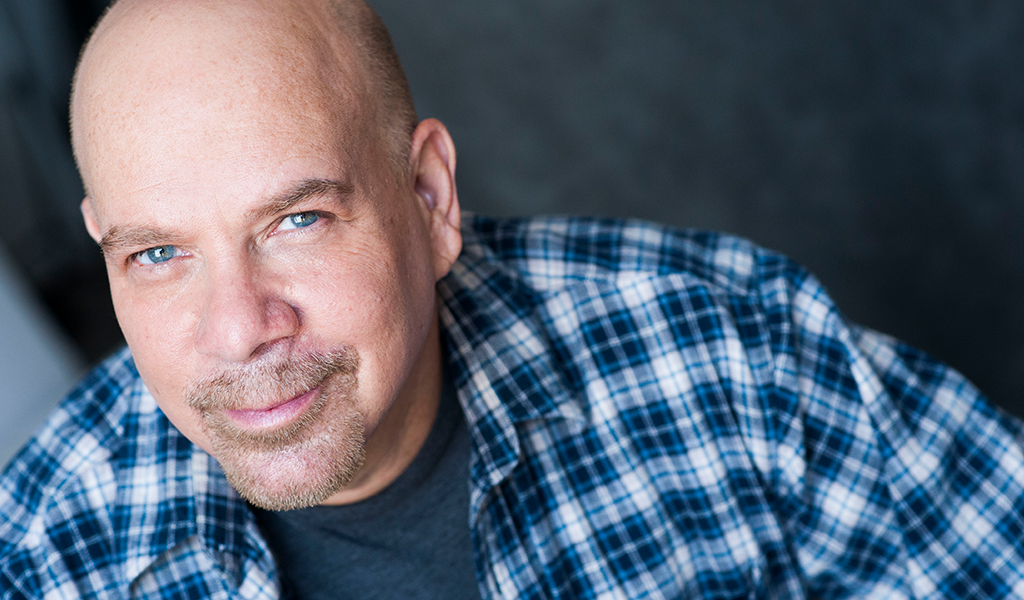
 So much of your career has been as a actor and comedian. How would you say humor helps deal with aggressive bullies who have no self awareness or don’t seem to care who they hurt?
So much of your career has been as a actor and comedian. How would you say humor helps deal with aggressive bullies who have no self awareness or don’t seem to care who they hurt? 
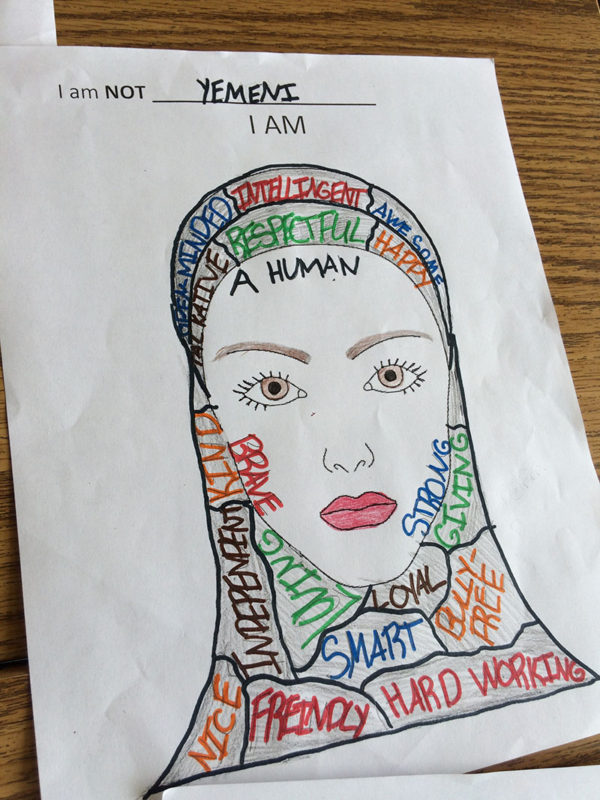
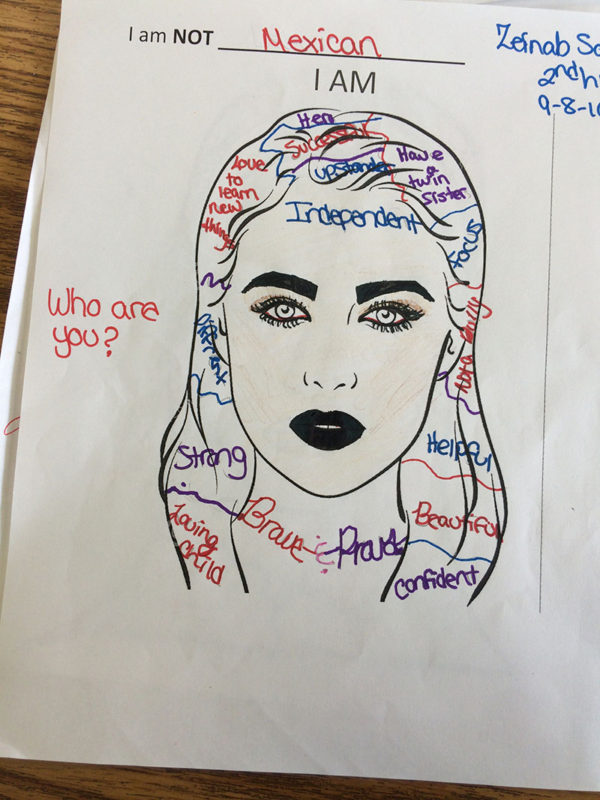
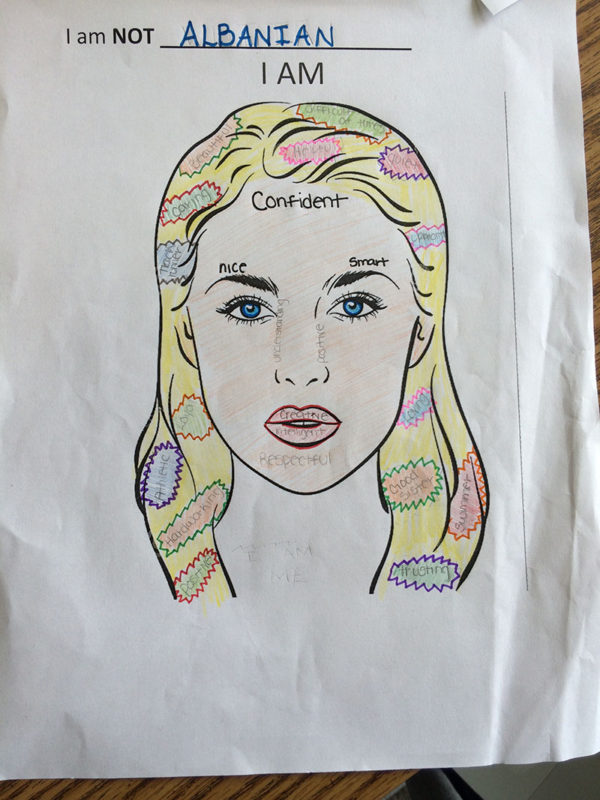
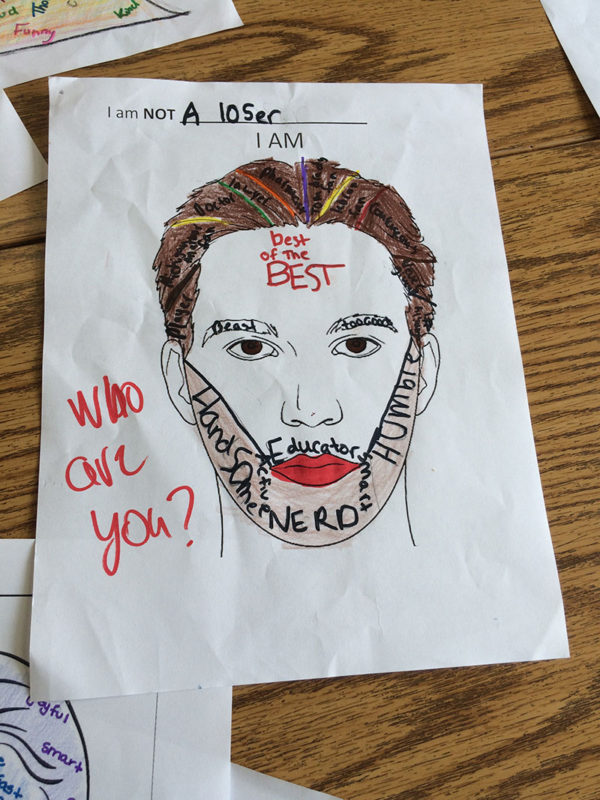
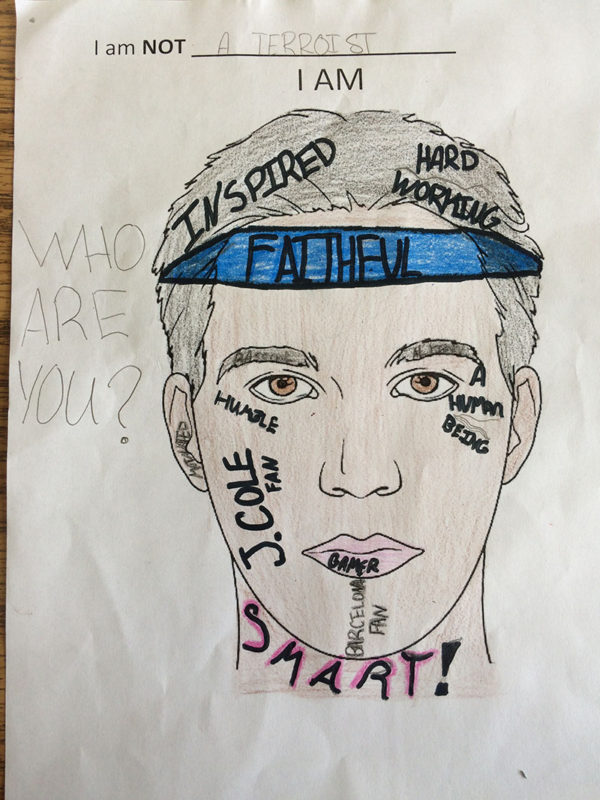
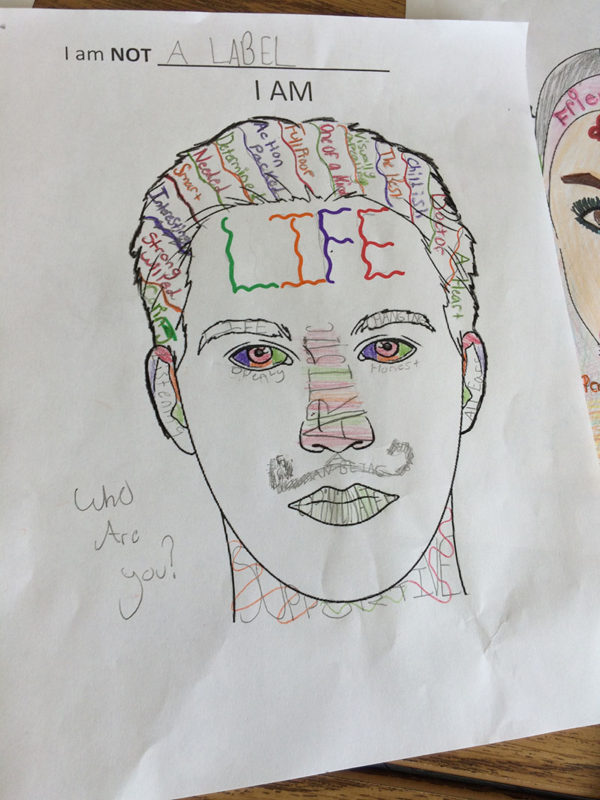
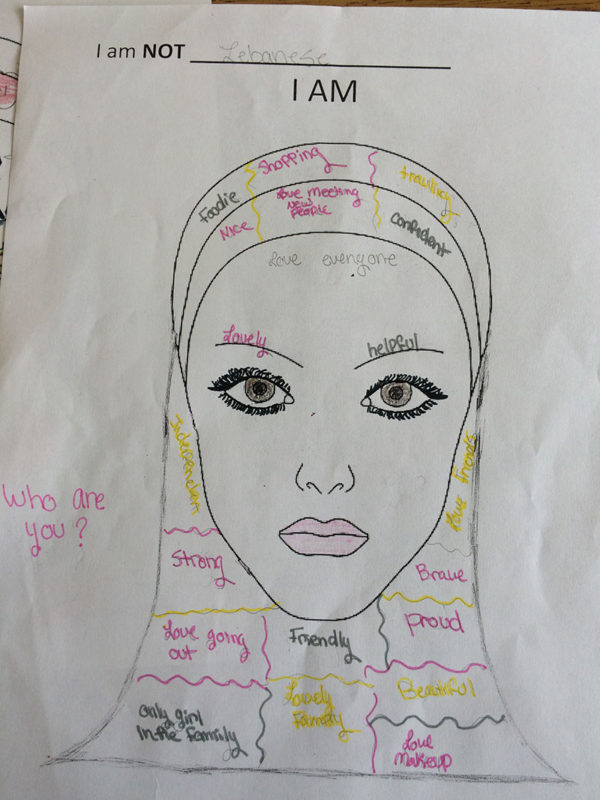
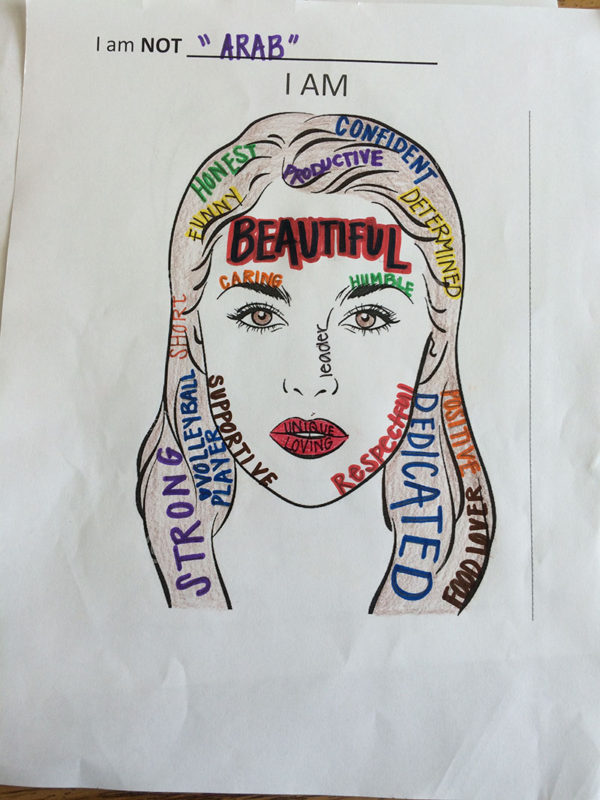
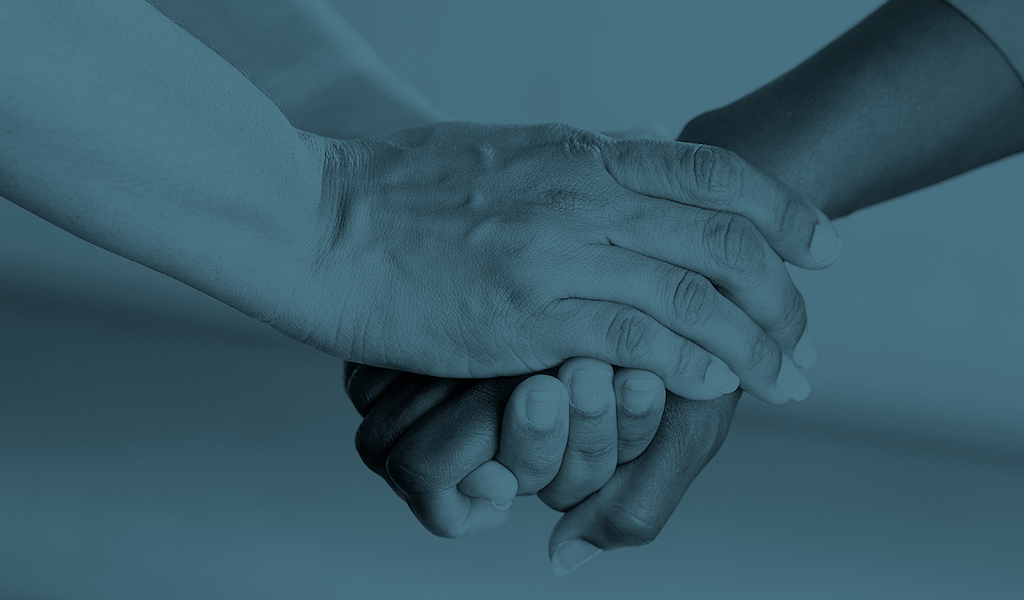


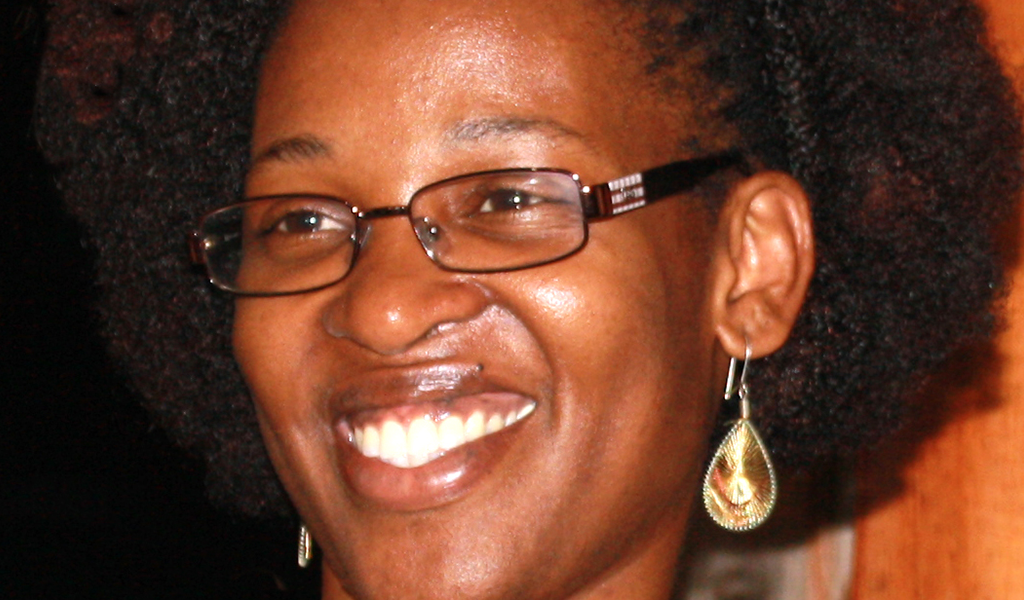

 Elitia Mattox is a self-described “love vessel and healthy relationship advocate who believes in the transformative power of love because of my personal journey to overcome dysfunctional, relationship obstacles which spanned more than 25 years of my life.” She is a loving wife to Cullen and mother of three children. When not coaching, she enjoys traveling and connecting with her inner foodie. You can follow her on
Elitia Mattox is a self-described “love vessel and healthy relationship advocate who believes in the transformative power of love because of my personal journey to overcome dysfunctional, relationship obstacles which spanned more than 25 years of my life.” She is a loving wife to Cullen and mother of three children. When not coaching, she enjoys traveling and connecting with her inner foodie. You can follow her on 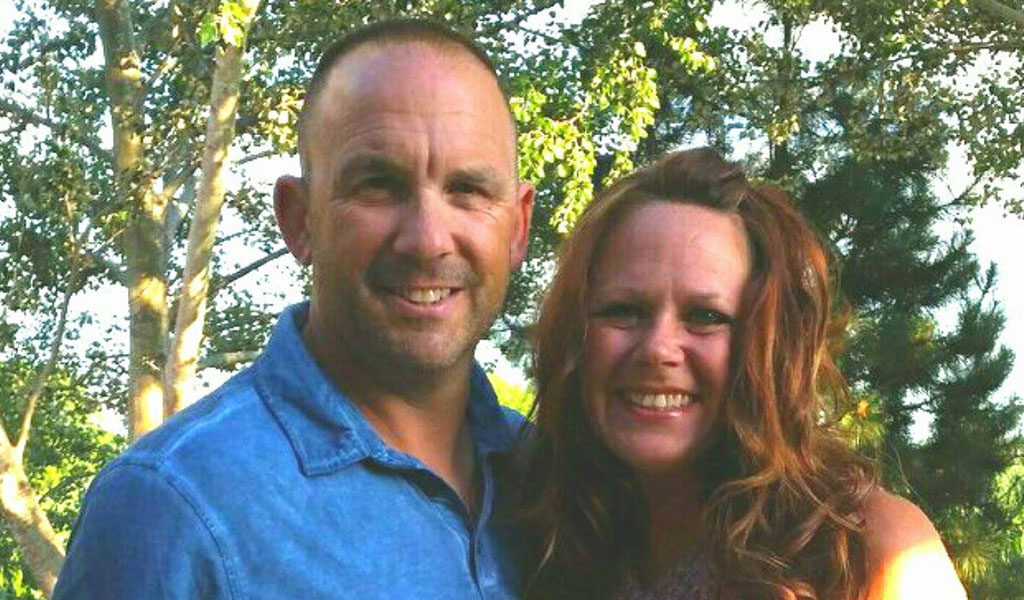
 What kind of differences do you observe between the way students treat diversity in athletic environments/situations than a standard classroom?
What kind of differences do you observe between the way students treat diversity in athletic environments/situations than a standard classroom? Heather Christenson is the Adapted Living Special Education Teacher at Pontiac Township High School in addition to her roles as Color Guard Instructor and member of C.A.P.T.A.I.N.S. (Coaches and Parents Teaming Against Inappropriate and Negative Situations). She has degrees in Physical Education, Health, and English from Western Illinois University as well as a Masters of Special Education from the University of Phoenix.
Heather Christenson is the Adapted Living Special Education Teacher at Pontiac Township High School in addition to her roles as Color Guard Instructor and member of C.A.P.T.A.I.N.S. (Coaches and Parents Teaming Against Inappropriate and Negative Situations). She has degrees in Physical Education, Health, and English from Western Illinois University as well as a Masters of Special Education from the University of Phoenix. Corey Christenson is the Physical Education and Drivers Education Teacher at Pontiac Township High School. He is the Head Wrestling and Men’s Track and Field Coach as well as member of C.A.P.T.A.I.N.S. (Coaches and Parents Teaming Against Inappropriate and Negative Situations). He has degrees in Physical Education and Driver’s Education in addition to a Masters of Coaching Education from Ohio University.
Corey Christenson is the Physical Education and Drivers Education Teacher at Pontiac Township High School. He is the Head Wrestling and Men’s Track and Field Coach as well as member of C.A.P.T.A.I.N.S. (Coaches and Parents Teaming Against Inappropriate and Negative Situations). He has degrees in Physical Education and Driver’s Education in addition to a Masters of Coaching Education from Ohio University.
 Debi Kipps-Vaughan, Psy. D. is a licensed clinical psychologist currently in a role as Associate Professor of Graduate Psychology at James Madison University. Her interests are coordination of mental health services for children and adolescents under Comprehensive Services Act and Community Services Boards, improving data collection for academic interventions, and anger management for high risk youth.
Debi Kipps-Vaughan, Psy. D. is a licensed clinical psychologist currently in a role as Associate Professor of Graduate Psychology at James Madison University. Her interests are coordination of mental health services for children and adolescents under Comprehensive Services Act and Community Services Boards, improving data collection for academic interventions, and anger management for high risk youth.